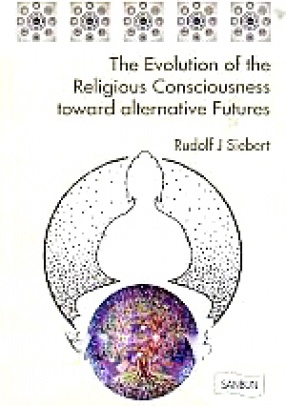Despite the intense media focus on Muslims and their religion since the tragedy of 9/11, many Western scholars and policymakers have a limited grasp of the distinctions between the religion of Islam and the politically based fundamentalist movement known as Islamism. In this important and illuminating book, Bassam Tibi, a senior scholar of Islamic politics, provides a corrective to this dangerous gap in our understanding. He explores the nature of contemporary Islamism and the essential ways in which it differs from Islam.
Drawing on research in twenty Islamic countries over three decades, Tibi describes Islamism as a political ideology based on a reinvented version of Islamic law. In separate chapters devoted to the major features of Islamism, he discusses the Islamist vision of state order, the centrality of Antisemitism in Islamist ideology, Islamism’s incompatibility with democracy, the reinvention of jihadism as terrorism, the invented tradition of Shari’a law as constitutional order, and the Islamists’ confusion over the concepts of authenticity and cultural purity. Tibi’s concluding chapter applies elements of Hannah Arendt’s work to identify Islamism as a totalitarian ideology. The book concludes with a plea for a civil Islam.





There are no reviews yet.